https://files.peakd.com/file/peakd-hive/phoenixwren/23wMWc7YhV5AZpPUK7nQ62uHyrbxZTwqZh1F7voKWoVPLEKY55BgozmJBYs44jrM8sQ68.jpg
Greetings, beefriends! Happy Friday to you (well, whatever day it is when you read this, lol). Hope everyone is well out there in blockchain-land. I've mentioned before that due to my allergies, I went from being vegan to being an omnivore again, with a heavy reliance on dairy foods as one of my staples. Since this also generally is further restricted to grass fed dairy (corn and soy in their feed can set off my corn and soy allergies), I thought I would talk a little about why grass fed dairy is a better choice in general for health (and, currently being hotly debated, the environment), for those that consume it. I am not debating animal milk v. plant milk here, I am just discussing conventional milk v. pasture-raised milk, so don't @ me. Again, was vegan, can't be anymore, yes, I am sure, not here to debate my own health and safety with you - compassion includes my own well-being, too. Mwah. 😘
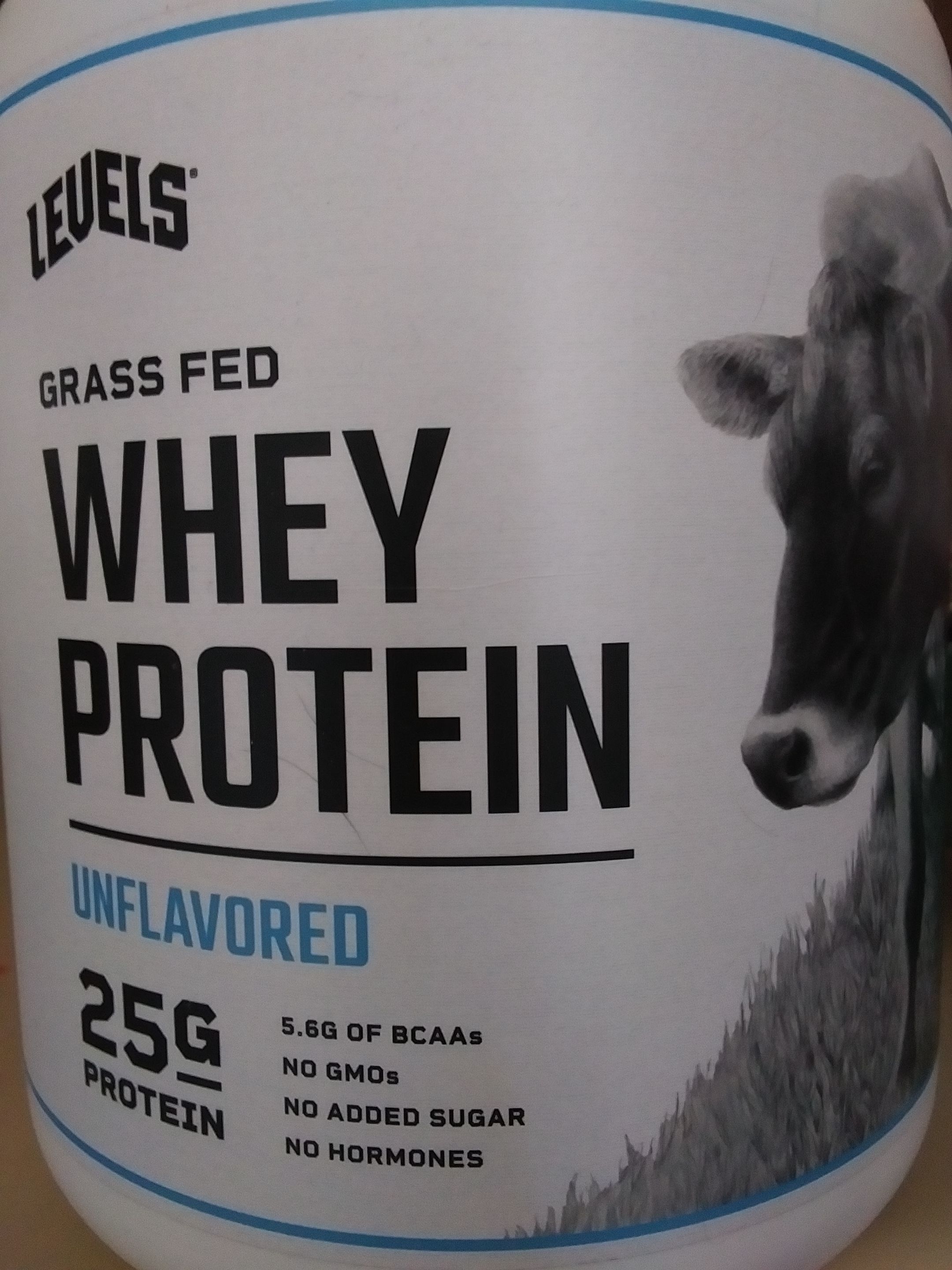
*Exhibit A in "why Phoenix is still alive": whey protein. I drink a whey protein shake for breakfast every morning, and I went from being hypoglycemic on a daily basis to actually functional and almost never sugar crashing! Woohoo!* While obviously not everyone chooses to or *can* consume milk - whether because of different allergies than mine or the very common lactose intolerance or what - for those that do, grass fed over feedlot milk comes with health benefits. It has [more Omega-3s, vaccenic acid, and CLA, as well as reduced Omega-6s and palmitic acid](https://www.ncbi.nlm.nih.gov/pmc/articles/PMC6723057/). Generally people eating a typical western diet with lots of processed foods have an abundance of Omega-6 fatty acids in their diet but not many Omega-3s. However, Omega-3s [are good for heart health, managing your weight, decreasing fat in your liver, fighting inflammation, infant brain development, and possibly even supporting mental health](https://www.healthline.com/nutrition/omega-3-6-9-overview#omega-3), so it's important to get them in your diet, as the body cannot make them itself. Switching from feedlot milk to grass fed can help you maintain a better balance of these essential nutrients.
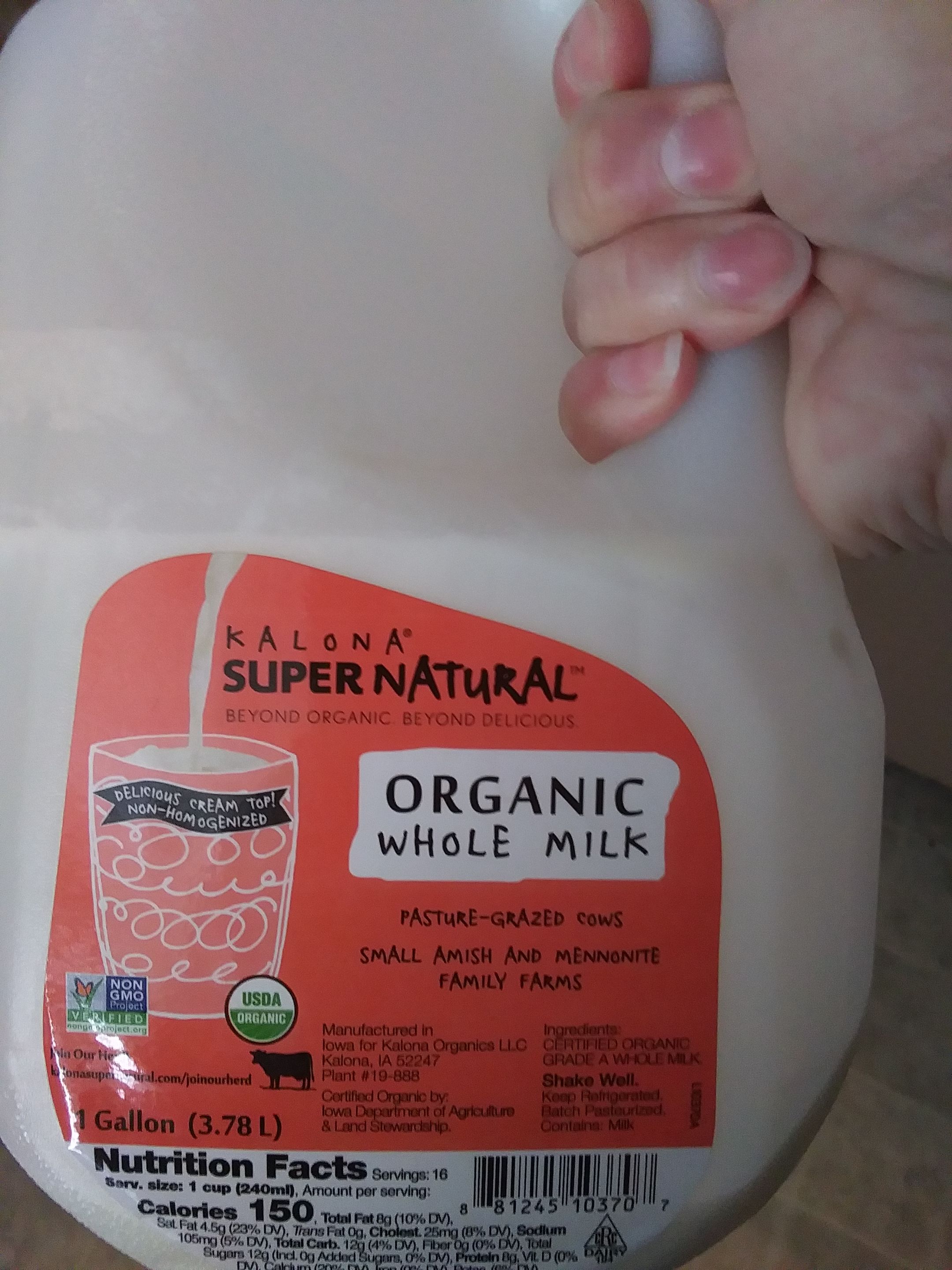
*Grass fed is always more costly and harder to find than feedlot milk, however. Kalona is one of my favorite brands and buying it by the gallon is the cheapest option for grass fed milk where I live - about $8 per gallon. But I can only find Kalona gallons at Vitamin Cottage stores. At most other stores, grassfed milk is $10-$12 per gallon, sold only in half gallon sizes.* Responsibly-managed, pasture-raised cows can be better for the environment, too. Though the climate impacts are still hotly debated, some of the obvious benefits are that they [use fewer energy-intensive inputs, and by rotating them among different pastures, you spread the manure around](https://www.ewg.org/meateatersguide/a-meat-eaters-guide-to-climate-change-health-what-you-eat-matters/why-go-organic-grass-fed-and-pasture-raised/) instead of leaving it in one toxic cesspool like you find on industrial farms; their fertilizer is once again beneficial instead of a poison. These practices can conserve soil, reduce erosion and water pollution, increase carbon sequestration, and preserve biodiversity and wildlife (same source as previous link). Though we don't have a definitive answer on the climate impacts, some argue that the increased greenhouse gas emissions produced by pasture-raised cows (think methane farts) because they grow slower and so if they are being raised for meat and leather, that means their lifespans are longer - are offset by the carbon sequestration in the soil when you use rotational grazing (also see previous link). Plus there are new studies showing the benefits of [feeding cows seaweed to reduce their methane output](https://www.popsci.com/story/environment/seaweed-cows/), so hopefully we'll see more ranchers supplementing their cows' diet in the coming years.
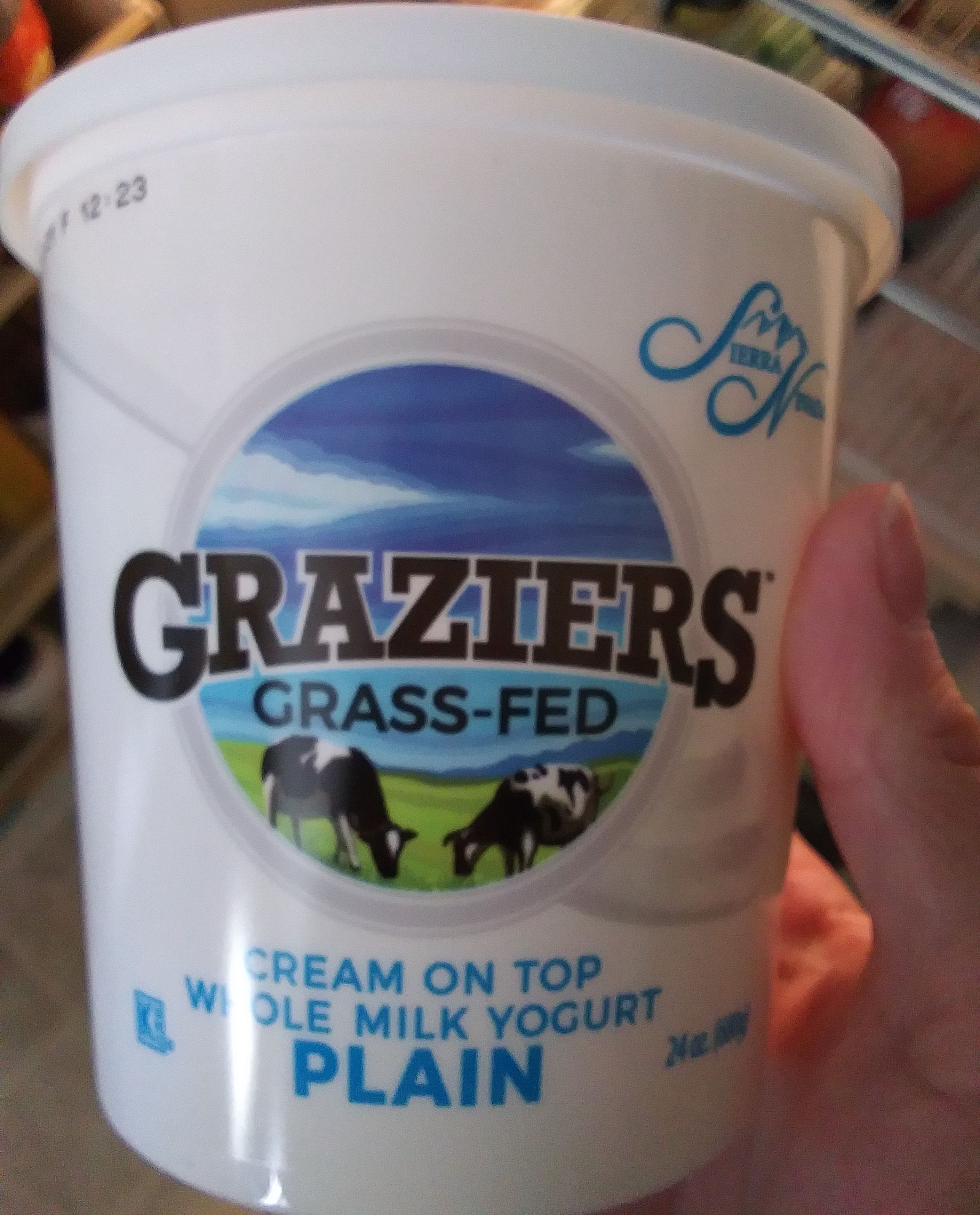
*Yogurt is another big staple for me. It does my body good.* Cows raised for dairy can live longer when pasture raised over feedlot cows, too. That's a good thing for a dairy cow (as opposed to cows raised for meat where the environmental argument is that shorter lifespan is better). A Vermont dairy farmer [quoted in this blog](https://greennaturemktg.com/grass-fed-dairy-beef-cattle-mean/) said that feedlot cows often suffer health problems and only live on average 4 1/2 years, but a grass fed cow can be healthy and producing milk for 10 years or more. He said that his oldest cow lived to be 17!
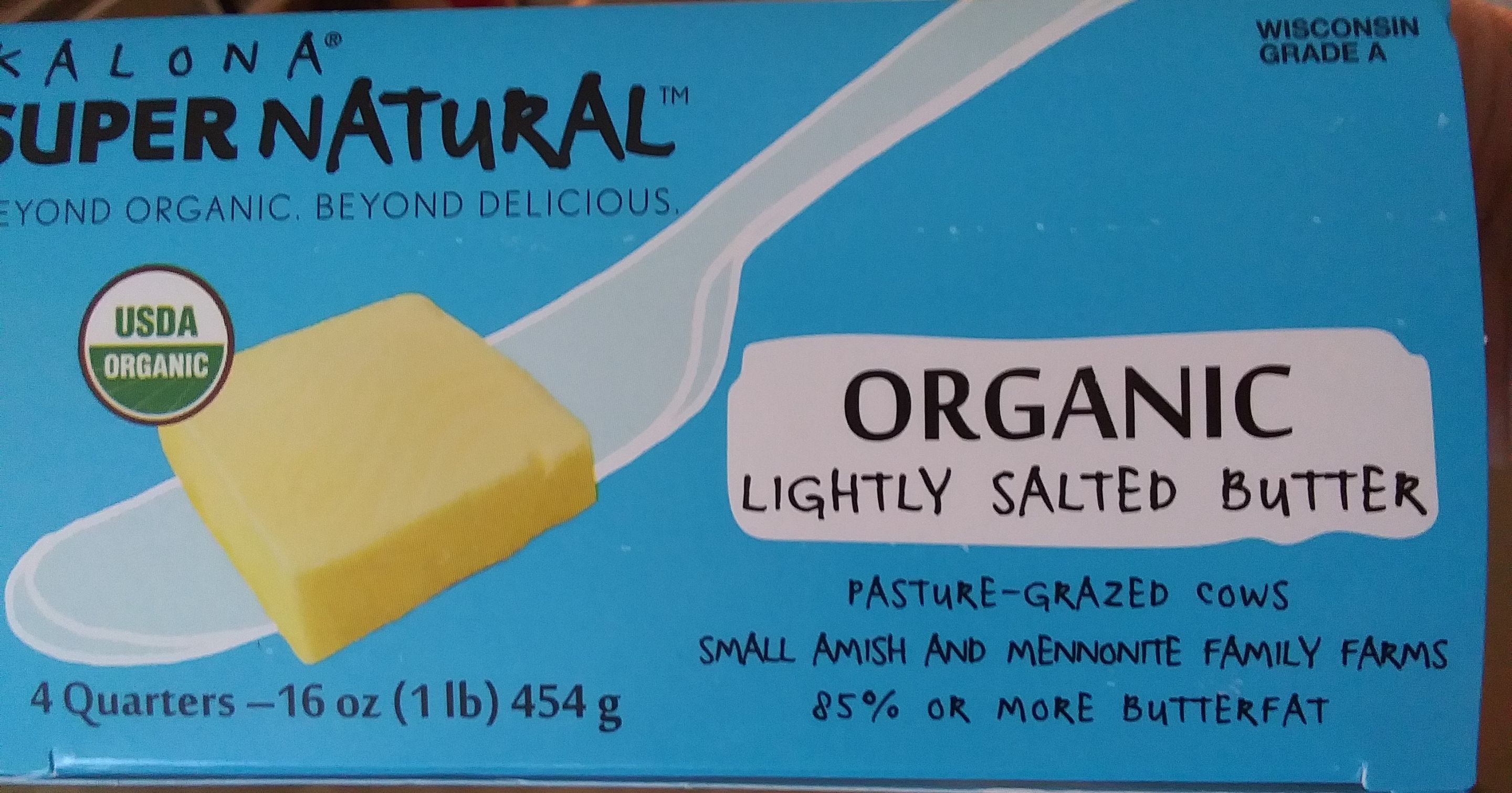
*Since I am allergic to all oils except olive and coconut, that means no margarine for me. Butter was one of the first things I started reacting to that clued me in to the corn-and-soy-in-milk problem. The only dairy product that has never set me off for being conventional dairy is cheese, so I think it's something about the processing of it that destroys the allergens, but I don't know for sure.* So, if you consume cow's milk, you might want to try some pasture-raised if your budget allows. If you're a big yogurt eater like me, it's also where you'll find some of the healthier yogurt options without a lot of additives and sugar (if you're not from the US, American yogurt is generally FULL of sugar and is NOT a health food. It's like, corn syrup and artificial flavor and dye and oh yeah, some yogurt. It's pretty horrifying. My plain, unsweetened, grass fed yogurt is *also* harder to find. Many stores have none at all).
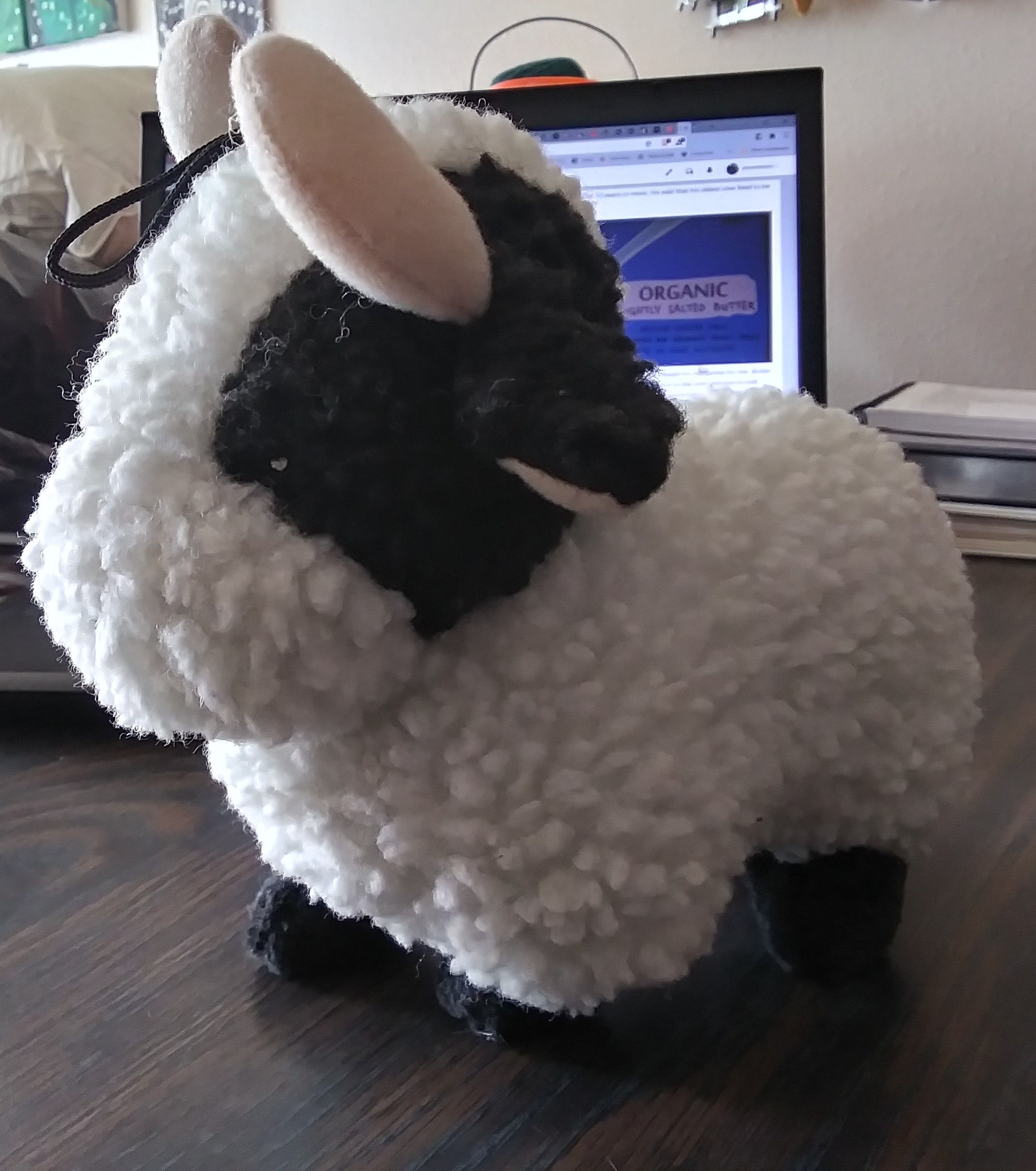
*Moo.*


Originally posted here: https://hive.blog/hive-120078/@phoenixwren/pasture-raised-vs-feedlot-milk-health-and-environmental-reasons-to-go-grassy






No comments:
Post a Comment